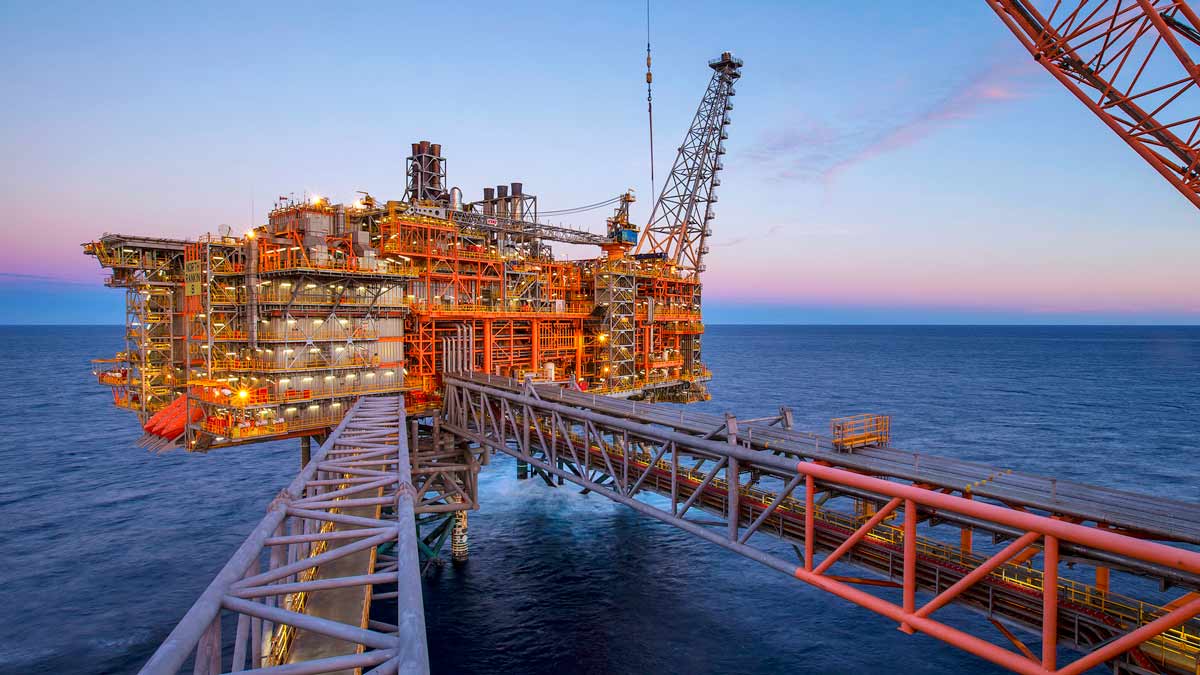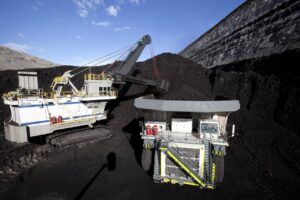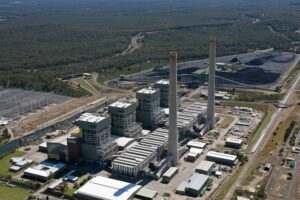Many large companies have made climate promises that are at odds with the environmental impact of their operations and lobbying efforts, data shows.
Independent think tank InfluenceMap, which generates data-driven analysis on how firms behave and talk about climate policy, released research on Thursday to raise the alarm before a global summit.
Many companies have stepped up and now fully disclose net-zero commitments, but transition plans on how they are going to do it lack the level of detail or capital needed to align with limiting global warming to 1.5C.
Globally, 58 per cent of the largest corporations were found to have a major rift between climate pledges and company footprint, the think tank found.
Woodside Energy was among those assessed to be at significant risk of “net zero greenwash” because of their efforts to influence governments against phasing out fossil fuels while claiming climate-aligned commitments.
The United Nations has a checklist to prevent greenwashing, or touting false climate credentials to consumers and investors, which states companies with net-zero commitments cannot lobby governments to undermine ambitious climate policy.
Energy giants Chevron, Glencore International and ExxonMobil have also set net zero or similar targets but at the same time want to expand fossil fuel production, researchers found.
One of Australia’s largest coal producers, Glencore, has committed to net zero by 2050 but supports a sustained role for coal.
Glencore also opposed the proposed design of Australia’s safeguard mechanism for industrial emissions and fought hard on finer details so it would not be disadvantaged.
Chevron is listed as pledging to go net zero by 2050 while supporting weaker American fuel economy standards that allow for more pollution.
“Governments are failing to progress climate policy at the speed needed, and corporate influence is a key reason why,” lead author Will Aitchison said.
“Unless companies match their climate commitments with ambitious support for government-led policy action, the Paris Agreement goals will be impossible to meet.”
Released ahead of this year’s climate talks, the assessments were made against international benchmarks.
InfluenceMap’s metrics for measuring corporate influence over climate policy are used by sustainable investors, including the global Climate Action 100+ initiative that has Australia’s biggest emitters on its radar.
The milestone COP28 summit begins in less than two weeks in Dubai, bringing thousands of government and business leaders together, to take stock of progress since the Paris Agreement.
Businesses need to create a “climate ambition loop” where private sector leadership encourages and reinforces ambitious government action, CEO of consultancy Climate and Nature Solutions Catherine McKenna said.
AAP










